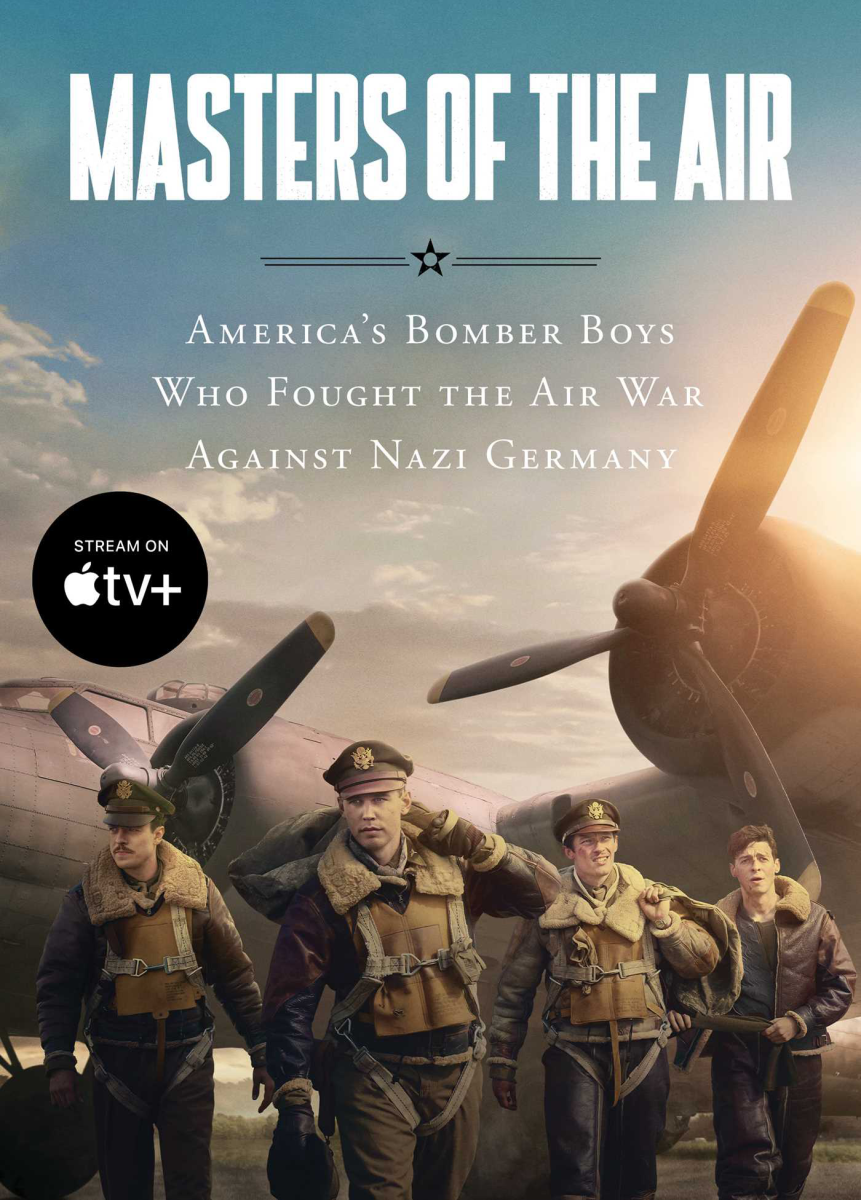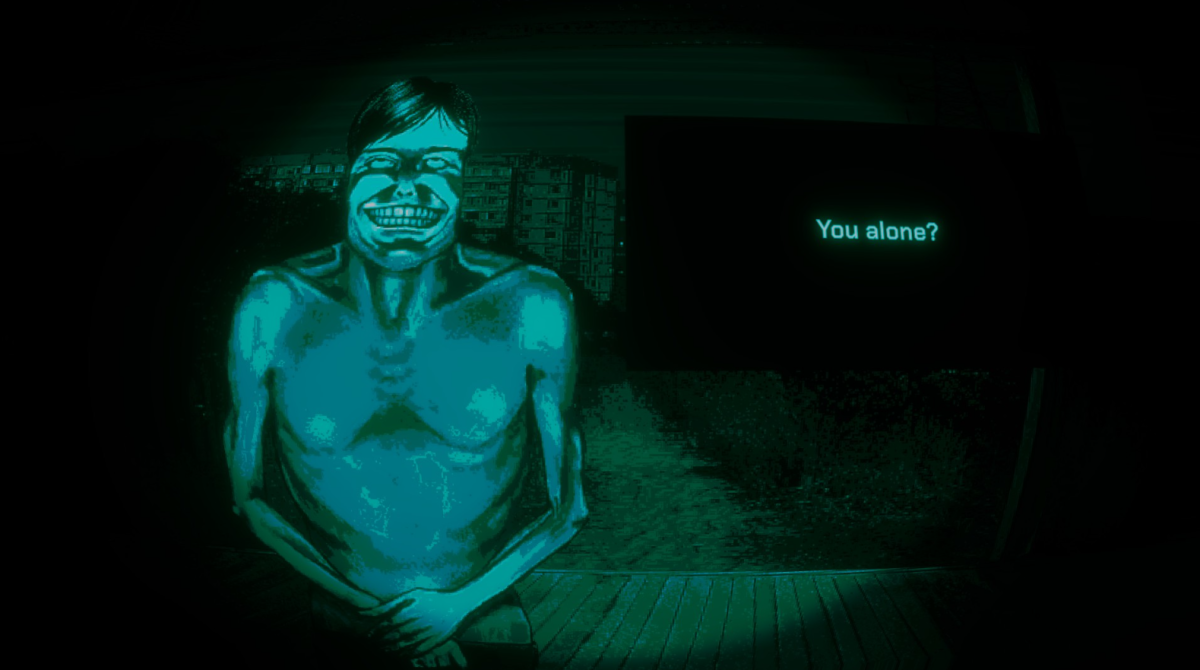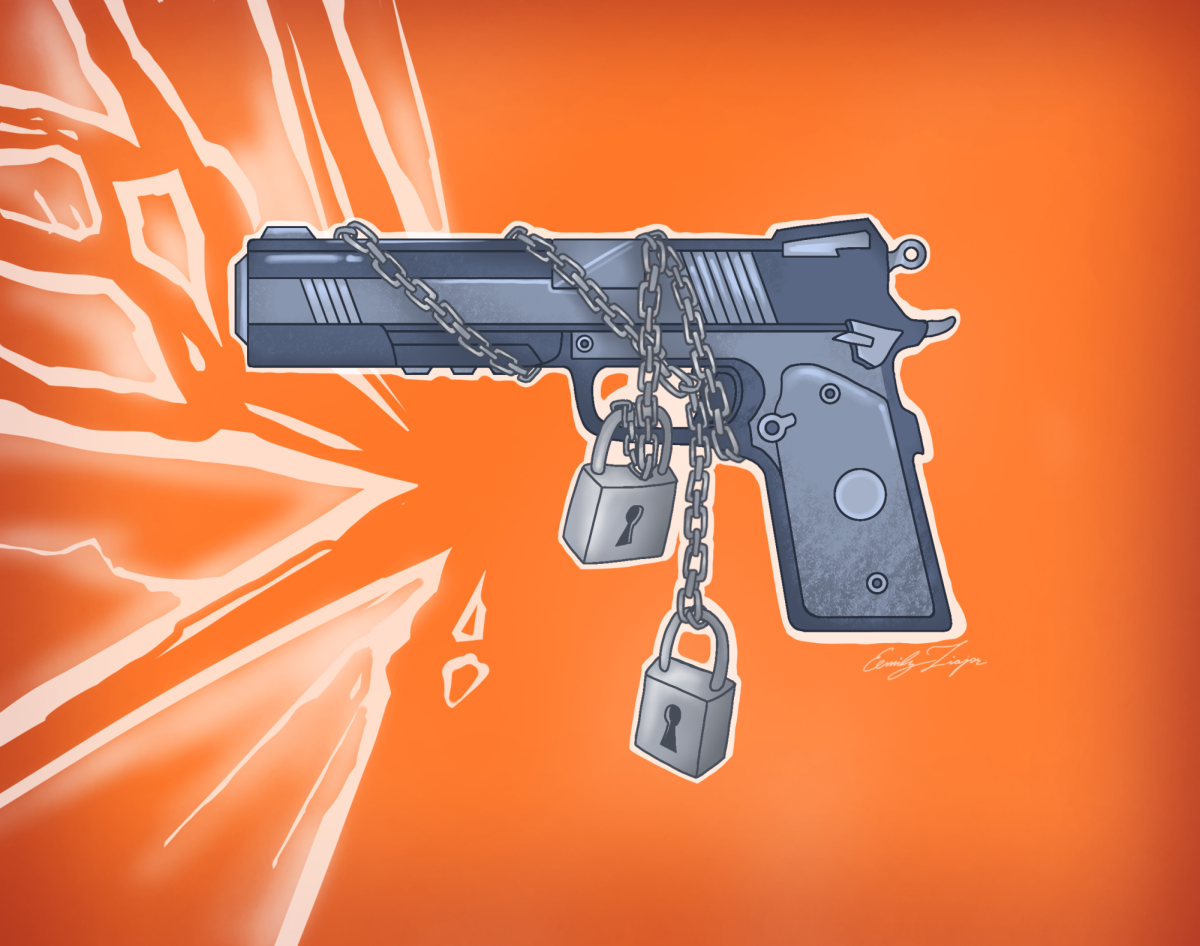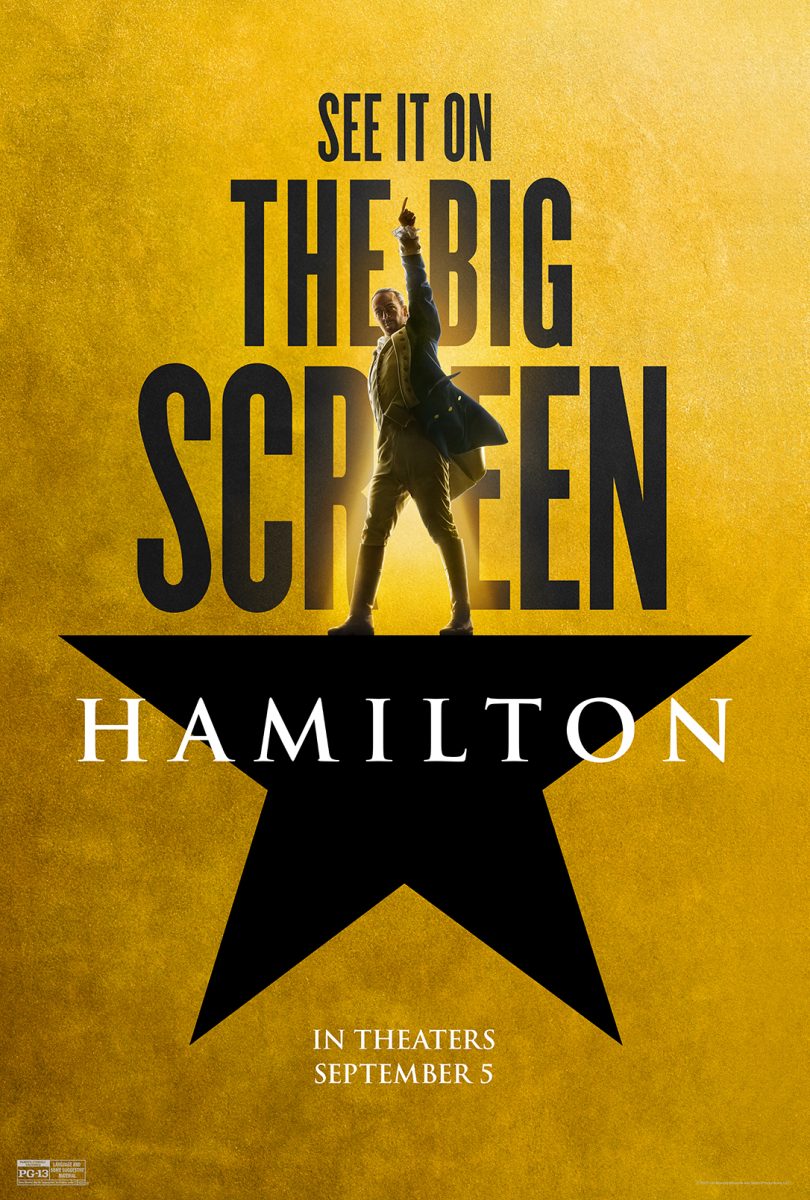I honestly can’t remember the last show that I’ve had to wait for weekly releases instead of streaming. And after the first four episodes, I am not sure that “Masters of the Air” is worth the suspense, anticipation or wait.
The AppleTV+ limited series is a fictionalized retelling of an actual group of American World War II bomber pilots as they complete campaigns across the European continent. The show centers around two captains, Gale ‘Buck’ Cleven and John ‘Bucky’ Egan, as well as their piloting crews.
World War II movies and shows are a dime a dozen. It comes as no surprise that Tom Hanks and Steven Spielberg produced “Masters of the Air,” as both have created many other historical war dramas. The appeal of mythologizing America’s role in a war against destructive ideology remains as pervasive as ever.
Yet, “Masters of the Air” doesn’t do anything subversive or new with its content. In fact, it continues to advance the notion that American arrogance and ignorance is a virtue. Both of the main characters embody this ‘swash-buckling,’ invincible attitude, which is really just a front for their own anxieties and anticipation of their own mortality. Shocking stuff.
This is further highlighted by a disagreement between the bombing strategies of the Royal Air Force and the U.S. Army Air Force. The Americans tended to favor targeted day bombings, while the British mostly bombed under the cover of night, with less precision. The stereotypically snobbish Brits and good ol’ Americans get into a fistfight where *gasp* the Yanks win and declare “Guess who can hit their target at night.” This is hilarious considering the main cast is almost entirely British and Irish.
However, these tactics do result in heavy losses, which the audience witnesses in incredible depictions of CGI (AppleTV+ certainly spared no expense). Almost every episode highlights these suicide missions and the extreme casualties that result from them.
It’s cyclical. The general lays out a strategy that almost guarantees a blood bath. Cue an air battle where the group receives heavy damage and one of the main character’s planes loses an engine but is miraculously able to land. After the mission is complete, the general counts off the few planes that return, mourns their loss for a second and then sends word for more recruits. It does get a little predictable after a while.
This flippancy over individual characterization is reflected in the story itself. Too many characters are introduced with little to no depth. A new character will get introduced, mostly defined by what region of America he is from, just to die in the next campaign. While perhaps this may reflect the realities of war and its heavy losses, it doesn’t work as a story or narrative.
Episode 4 begins with a party celebrating a soldier finally being sent home after 25 successful missions, yet we have never met this character before, so the impact of his luck and survival is diluted.
The most enjoyable moments were the ones when the script strayed from repetition. How soldiers would determine whether they could jump ship and parachute to safety or if death was inevitable (either in the air or on land).
I also found it incredibly interesting how the show handled POWs and gave insight into the vast network of Belgian and French resistance fighters as they returned soldiers to England.
I also really enjoyed the character of Sergeant Harry Crosby, who represents overthinkers everywhere and just how stressful war strategy can be for a 20-something-year-old who received training for just a few months. He seemed to be the only character who really felt and internalized the stakes of their responsibility. Cue battling a nervous upset stomach while trying to navigate over Nazi-controlled Norway.
In fact, Crosby was a real-life member of the 8th division and wrote a book based on his experiences. His writings were used in the creation of this series.
Yet, I think Spielberg and Hanks view his story, and the story of many others, as simply a nostalgic reminiscence of war heroism. This is best exemplified when Bucky takes a short leave to London and meets a Polish widowed refugee.
They discuss the idea of “war versus senseless murder” over an extremely stylized background of London being bombed. Both wax poetry about playing God, the idea of justice, and balance in the world. Whether or not civilians should be bombed and the lengths one goes to win a war or even an ideology. It is certainly not the most subtle script that was ever written.
The dialogue justifies realist-style international politics and a warhawk mentality but fails to sympathize with these young men. These soldiers are constantly battling mortality: their own, their friends, and their roles as grim reapers. Yet, this is ignored to maintain the great hero who simply endures and wins. The directing makes war into this entertaining spectacle while ignoring the humanity behind this suffering. War is not poetic, and it never has been.
The entire show can be summarized by its opening credit montage. Sensational, stylized and a little cliche. While modern America reflects on its past and present warring ways and moves towards a pacifistic attitude, “Masters of the Air” stands resolute in its commitment to highlighting American exceptionalism through war.
2.5/5










Noah • Feb 14, 2024 at 2:56 am
I love your review! I agree that Spielberg hasn’t done anything new with the genre, let alone being subversive, as you said. I saw a few ads for the show and, thankfully, now have a reason to avoid it.